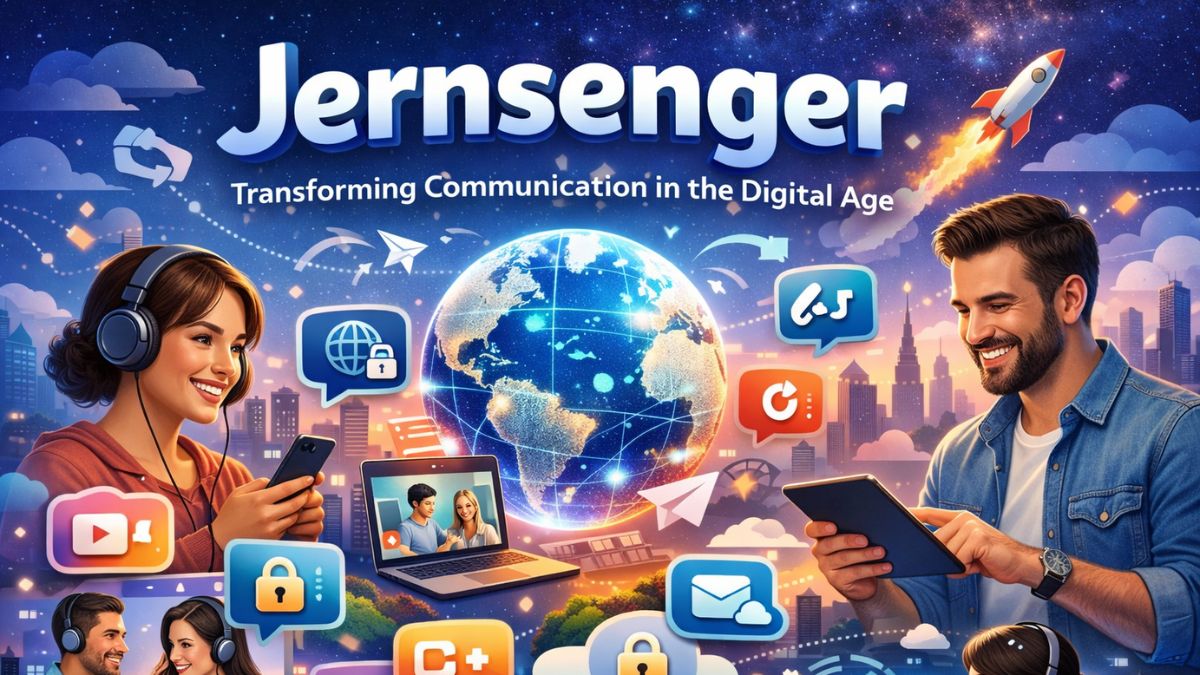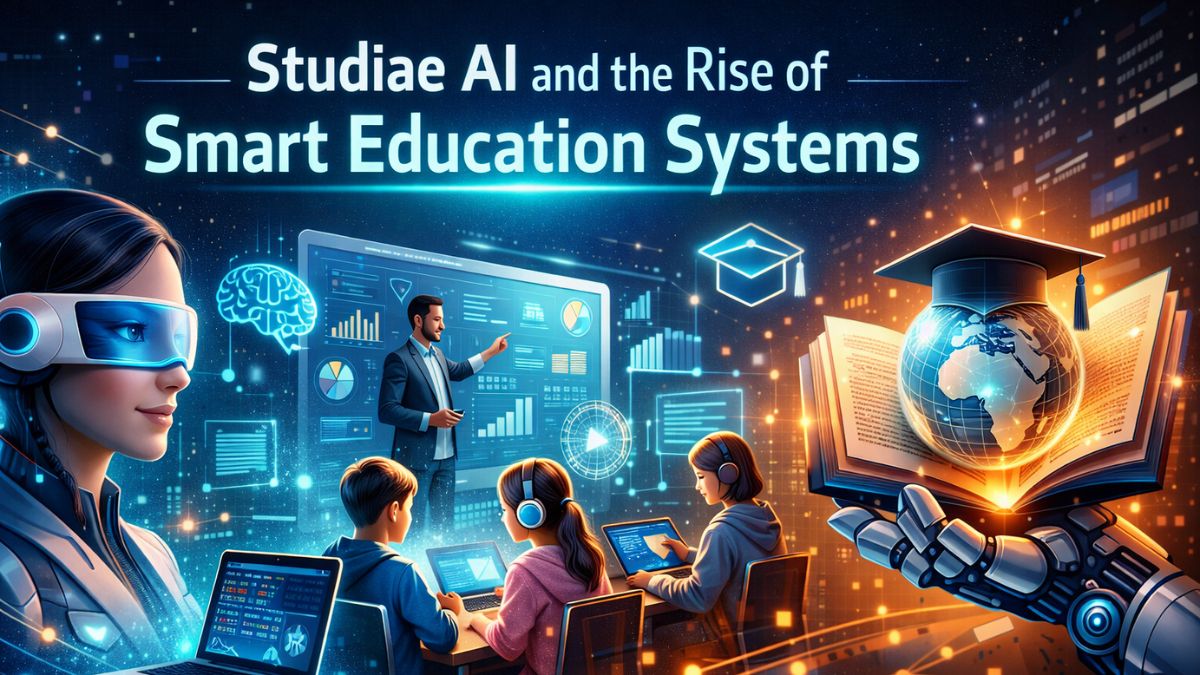4476315 FC2 Wiki, Every piece of content online leaves a footprint — even if it’s just a string of numbers in a URL or database.
One such example that’s quietly gained attention among content researchers and internet archivists is the identifier “4476315 FC2 Wiki” — a unique ID associated with FC2, a Japanese user-generated content platform.
When paired with the phrase “FC2 Wiki”, this number opens up a fascinating discussion about:
-
How digital media is indexed
-
What transparency means in decentralized platforms
-
The tension between permanence and privacy in the online creator economy
In this blog, we’ll explore what “4476315 FC2 Wiki” represents from a technological, cultural, and ethical perspective, and what it reveals about how we interact with and catalog user-generated content in the digital age.
What Is 4476315 FC2 Wiki?
First, a quick primer for those unfamiliar:
FC2 (founded in 1999) is a web service platform based in Japan offering:
-
Blogging services
-
Video hosting (including adult content)
-
Live broadcasting
-
Website building tools
Think of FC2 as a hybrid of YouTube, WordPress, and OnlyFans, all rolled into one—but with a distinctly Japanese user base and privacy culture.
Its open nature allows both mainstream and niche creators to upload and distribute content globally—though it often flies under the radar in English-speaking tech circles.
Decoding “4476315 FC2 Wiki”
The number “4476315” likely refers to a unique identifier (UID) for a specific video, channel, or user entry hosted on FC2. Much like YouTube’s video IDs (e.g., dQw4w9WgXcQ), FC2 uses numerical strings to categorize, archive, and index content.
When users refer to “4476315 FC2 Wiki”, they are typically referencing:
-
A community-maintained documentation page about that specific FC2 content
-
Information like the uploader, upload date, tags, popularity, source, and status
-
Sometimes, mirrors or backups of content that’s been removed or restricted
It’s the internet’s version of footnoting content, especially when the source is prone to deletion, censorship, or digital disappearance.
Why Does It Matter?
In the era of ephemeral content and vanishing social media posts, user-led wikis (like those documenting FC2 videos or creators) play a surprisingly important role:
✅ Digital Archiving
Wikis provide metadata, context, and version histories of content—essential for journalism, scholarship, or even law enforcement.
✅ Transparency and Provenance
They help confirm whether content is original, duplicated, or re-uploaded without consent.
✅ Content Verification
In a world of deepfakes and AI-generated media, tracking the origins of digital media is more important than ever.
The Technology Behind FC2 Indexing
Unlike major platforms like YouTube or Vimeo, FC2 has:
-
Less stringent API access
-
Fewer public-facing developer tools
-
A more fragmented internal search structure
That’s where community scraping tools and wiki bots come into play.
These tools:
-
Parse FC2 pages for metadata (video length, size, tags, language)
-
Log user data for profile aggregation
-
Use checksum hashes to detect identical files across multiple IDs
Wiki maintainers then use GitHub-style version control to log changes, mirror links, and uploader updates. In essence, the community creates its own distributed database of FC2.
Legal and Ethical Gray Zones
However, there’s a delicate line between digital archiving and privacy violation.
-
Some videos on FC2 are meant to be private or semi-private.
-
Many creators do not expect their content to be cataloged in a wiki.
-
Some UIDs may link to adult content that raises consent concerns.
In that context, wiki pages like “4476315 FC2 Wiki” raise ethical questions:
-
Should every piece of online content be indexed forever?
-
Who controls the metadata?
-
What happens when creators want to “unpublish” something?
These questions are especially relevant in regions with right-to-be-forgotten laws, like the EU.
The Power of Community Wikis
Despite the ethical complexity, there’s no denying the technical value of FC2 wikis:
🛠️ Search Optimization
Many FC2 creators are anonymous. Wikis allow content to be searchable by theme, genre, or creator pseudonym.
📊 Data Analysis
Content analysts use these wikis to track trends — e.g., rise in certain types of content post-pandemic, tagging behaviors, regional viewership data.
🔍 Digital Forensics
Investigators have used wikis to confirm whether a video was altered, cloned, or illegally distributed.
In some ways, FC2 wikis act as open-source intelligence databases (OSINT).
Lessons from “4476315”: The Metadata Revolution
The blog-worthy takeaway from this whole FC2 saga is that metadata now has a life of its own.
Even if content is deleted from FC2, the information about it — its metadata fingerprint — can live forever:
-
In screenshots
-
In shared links
-
In forum threads
-
In decentralized wikis
So if 4476315 FC2 Wiki was ever a video, it is now also:
-
A community memory
-
A traceable record
-
A data point in the digital ecosystem
This shift means you are no longer defined by content alone—but by the metadata trail it leaves behind.
The Bigger Picture: Decentralization, Discovery, and Digital Rights
The phenomenon around “4476315 FC2 Wiki” speaks to a broader trend:
-
The internet is no longer a place where platforms have all the power.
-
Users now document, verify, and preserve content independently.
-
Digital permanence is no longer guaranteed by corporations — it’s user-curated.
This changes everything.
It forces:
-
Platforms to rethink data transparency policies
-
Users to educate themselves on digital privacy
-
Lawmakers to catch up with decentralized media indexing
Conclusion: Why It Matters in 2025 and Beyond
“4476315 FC2 Wiki” might seem like a meaningless string of characters at first glance.
But zoom in, and it becomes a symbol of:
-
A changing digital landscape
-
The power of community-maintained data
-
The double-edged sword of online permanence
As the lines blur between platform, creator, and archivist, we must ask ourselves:
How do we want to be remembered digitally?
And who controls that memory?
Because in a world of numbers and tags, even something as small as “4476315” might outlive us all.






